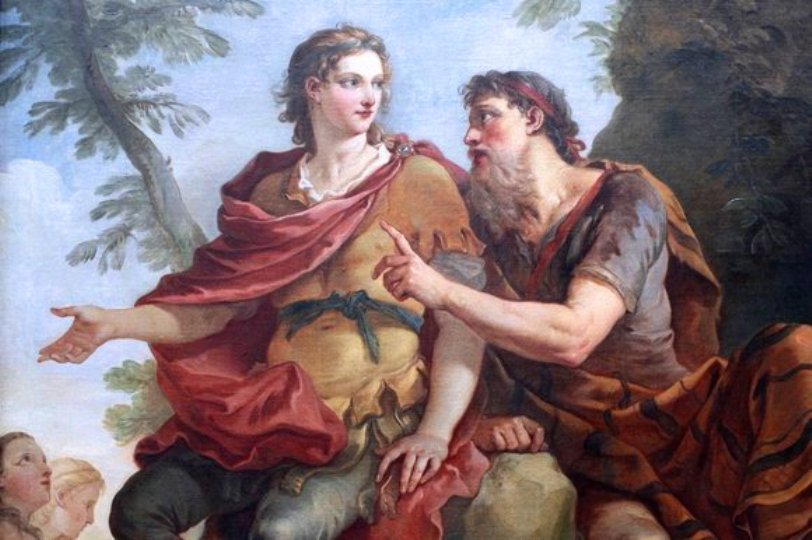Tag: ideas
-
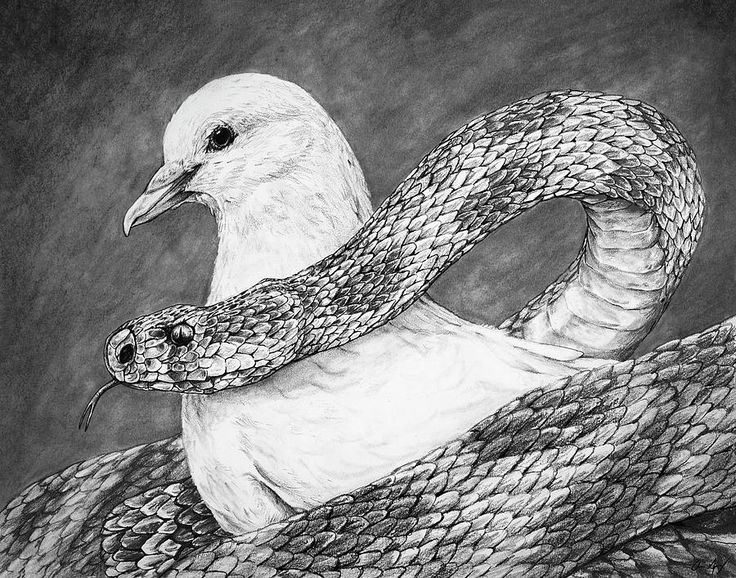
Counsels of the Wise, Part 4: Preliminary Instruction in Prudence
How does a person become wise? What are the proper ingredients in an educational paradigm aimed at prudence? Where would we even begin? So much of K-12 education seems to have nothing to do with practical wisdom, as Aristotle defines it. How do we recover the classical goals of wisdom and virtue in earnest, and…
-
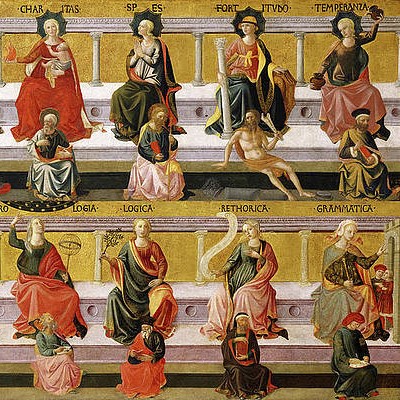
Exploring Our Educational Ideals: Following along Gulliver’s Travels
Since its publication in 1726, Gulliver’s Travels by Jonathan Swift has been a popular read both for its initial audience as well as for generations of readers since. In my most recent reading of this travelog with our Enlightenment Humanities class at Clapham School, I was struck by Swift’s thoughts on education. Excavating the claim…
-
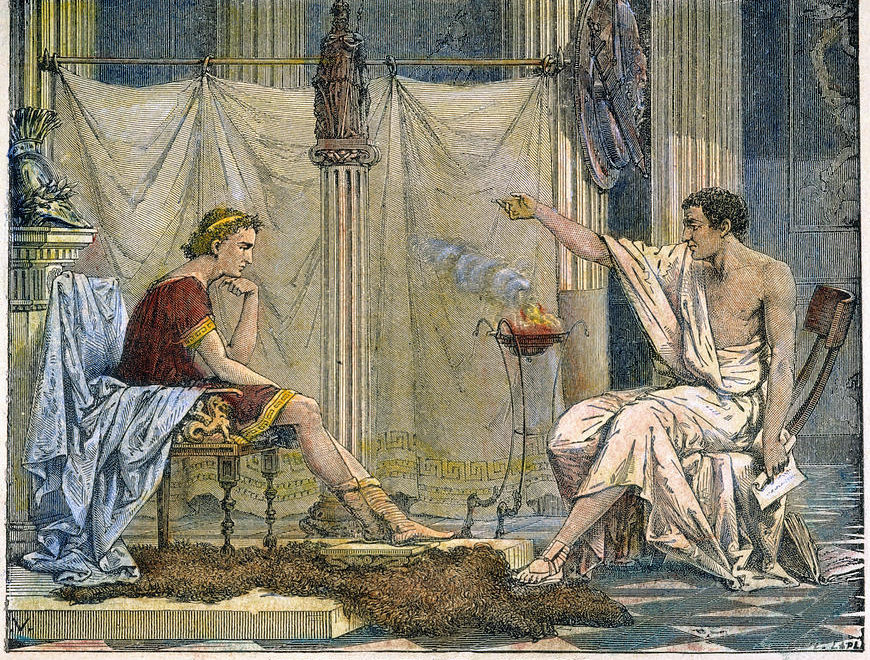
The Counsels of the Wise, Part 2: Why Reviving Moral Philosophy Is Not Enough
In The Liberal Arts Tradition: A Philosophy of Christian Classical Education (Version 2.0, Revised Edition), Kevin Clark and Ravi Jain argue for a recovery of the tradition of moral philosophy against the reductionism of the modern social sciences. Their account of the intellectual history that led to the replacement of this classical and Christian paradigm…
-

“Education is a Life”: Igniting a Love for Learning in the Classroom
“’Education is an atmosphere, a discipline, a life’––is perhaps the most complete and adequate definition of education we possess. It is a great thing to have said it; and our wiser posterity may see in that ‘profound and exquisite remark’ the fruition of a lifetime of critical effort (Charlotte Mason, Parents and Children, p. 33).…
-
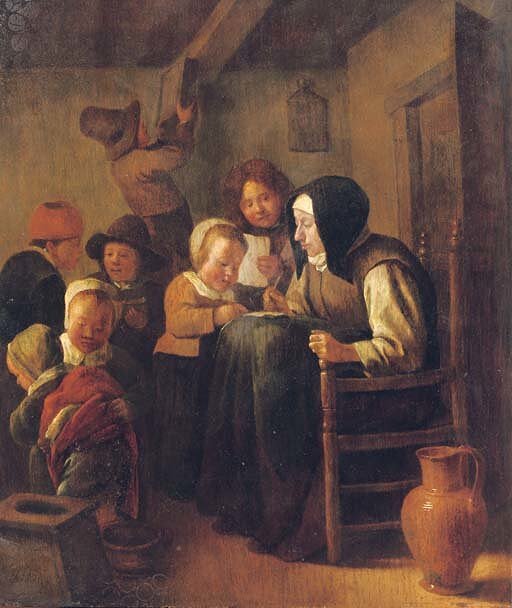
What is a Learner?: Reading Charlotte Mason through Aristotle’s Four Causes
The goals and aims of our educational renewal movement center not on the quality of our curriculum or the quality of our teacher. Instead, the quality of learning is the true test of whether we are providing something of lasting value and worth. To that end, I have taken a look at the learner and…
-
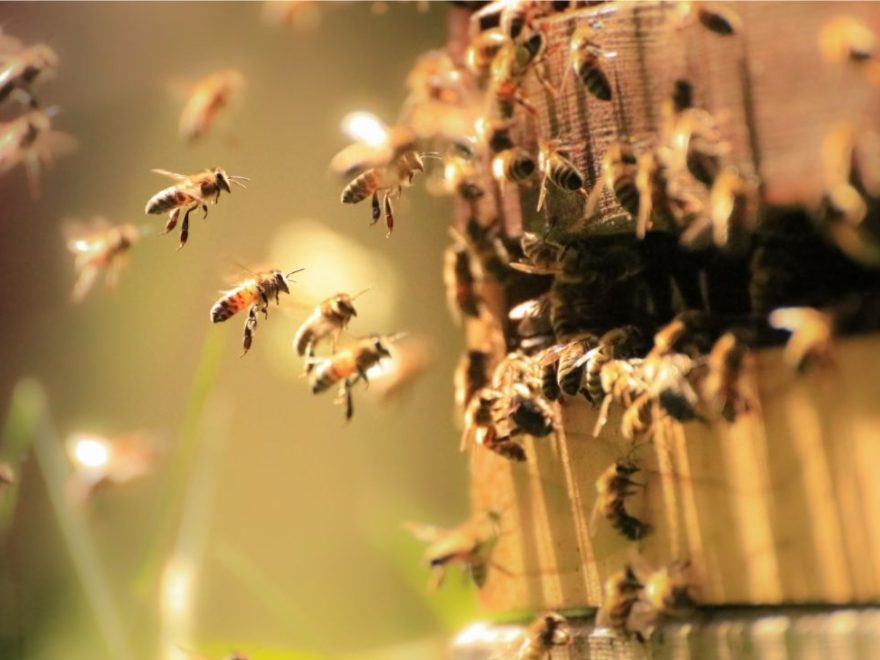
Expanding Narration’s History with Comenius: Narration’s Rebirth, Stage 2 – The Great Didactic
If you’ve been following Educational Renaissance for some time, you might remember my history of narration series from last year. During the third article of the series I had a short section on narration in John Amos Comenius’ work, relying primarily on Karen Glass’s brief quotations in Know and Tell. At the time I was…
-
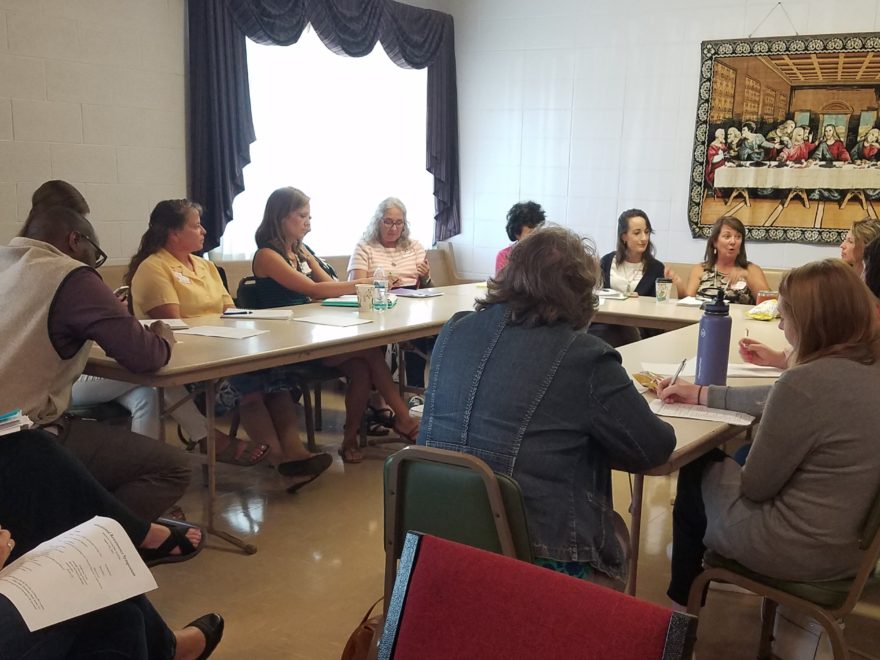
The Educational Renaissance Symposium 2021: A Digest
On Wednesday, August 4th we had our first annual Educational Renaissance Symposium hosted by Coram Deo Academy in Carmel, Indiana. It was exciting to welcome over sixty participants who heard keynote addresses from Educational Renaissance authors as well as attended great workshops by a variety of guests. The Symposium is a different kind of convention,…
-
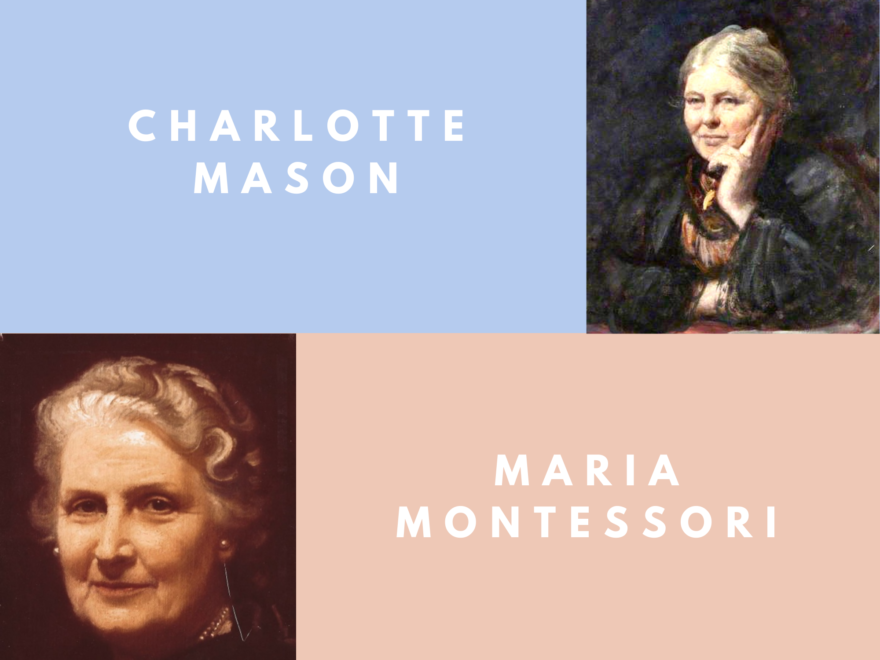
Exploring Educational Alternatives: A Comparison of Charlotte Mason and Maria Montessori
The early 1900s was a watershed moment in education. The second wave of the Industrial Revolution brought about what we might call the educational-industrial complex. Here I intentionally draw upon Dwight D. Eisenhower’s 1961 Farewell Address when he warned against the disastrous potential of the military-industrial complex. Looking back over the previous decades of global…
-
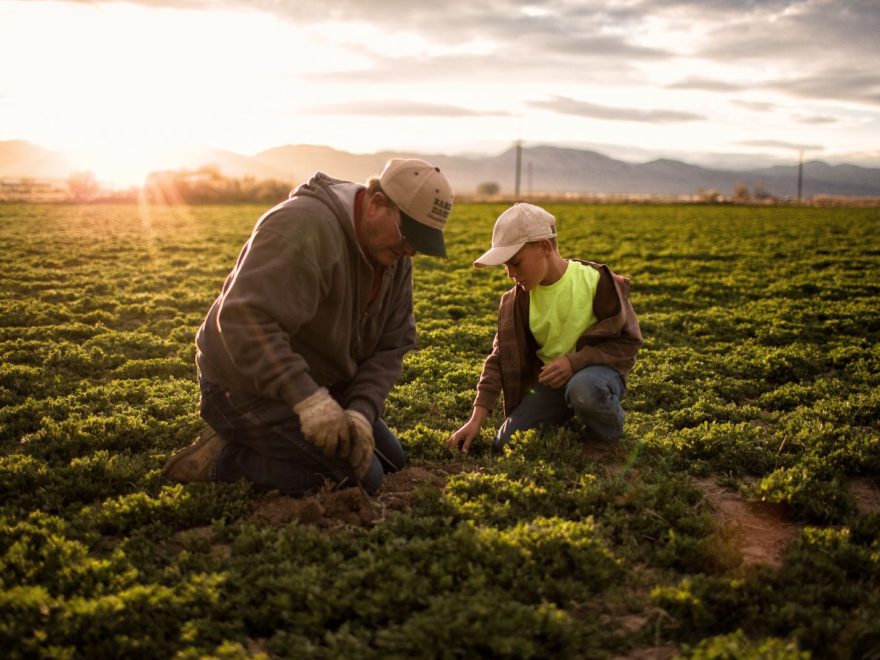
Rest for the Weary: On Cultivating the Intellectual Life
As the pace of our modern world grows busier and busier, spurred on by the services of smartphones and laptops, people need somewhere to turn for relief. Our glowing rectangles promise us conveniences such as efficiency and a life of ease, but for what purpose? More efficiency, more ease. It’s a never-ending cycle. Technology frees…

